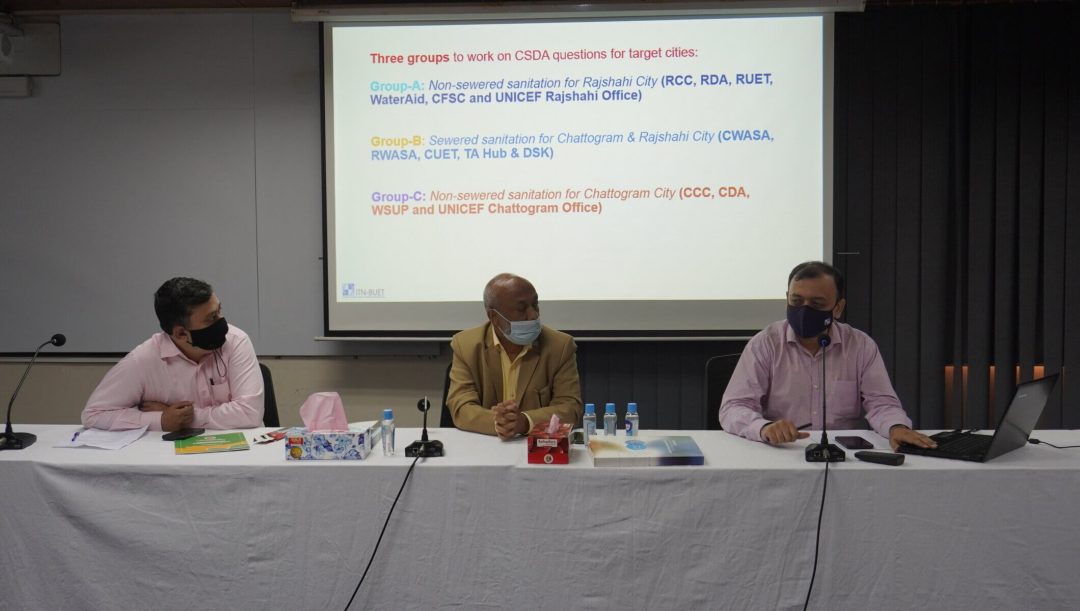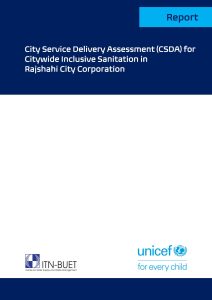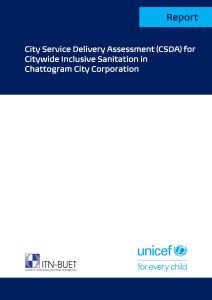The burgeoning challenge of managing faecal sludge (FS) in emerging nations, driven by rapid urbanization and population growth, poses significant environmental and public health risks. A substantial portion of the population in low- and middle-income countries relies on on-site sanitation systems like pit latrines and septic tanks, where effective FS management is often lacking due to the absence of sewer networks and centralized treatment facilities. Current approaches to anaerobic digestion (AD), a well-established method for stabilizing organic waste and producing bioenergy, face limitations when applied to FS. These limitations include the slow and incomplete degradation of complex organic matter, the physical and chemical barriers erected by the intricate microbial floc structure of FS, and other factors such as improper organic loading, nutrient imbalances, unfavorable microbial communities, and suboptimal ambient conditions. Furthermore, conventional AD struggles with efficient pathogen removal and presents scalability challenges when transitioning from laboratory to full-scale applications, often encountering issues with long hydraulic retention times, maintaining optimal environmental conditions, inconsistent microbial activity due to temperature fluctuations, and high operational costs.
To address these shortcomings, significant research has focused on pre-treating sludge before AD to enhance the accessibility of the substrate to anaerobic bacteria, thereby accelerating digestion, improving degradation, and reducing the final sludge volume. Various pre-treatment methods have been explored, including mechanical disintegration, ultrasonic treatment, chemical treatment using strong acids or alkalis, and thermal pre-treatment (thermal hydrolysis). Enzymatic pre-treatment, involving the addition of specific industrial enzymes like cellulases, lipases, proteinases, and hydrolases, offers an environmentally friendly approach to improve the breakdown of biopolymers, leading to faster hydrolysis, increased product formation, and better dewaterability. However, enzymatic pre-treatment faces hurdles related to high costs, scalability, and enzyme sensitivity. Anaerobic co-digestion, which involves combining sludge with other organic wastes to improve nutrient balance and enhance microbial activity, also presents limitations such as feedstock compatibility, operational complexity, potential contamination, and increased infrastructure costs.
Recognizing the potential synergies, the integration of enzymatic pre-treatment and anaerobic co-digestion presents a promising avenue for enhanced sludge management. This combined approach can improve process stability, optimize nutrient balance, reduce retention times, and mitigate feedstock variability, potentially leading to a more cost-effective, scalable, and efficient solution. However, careful optimization and monitoring are crucial to address potential challenges such as inconsistencies in microbial activity, enzyme costs, and inhibitory effects.
This research proposal outlines the development of a novel product, Quick Digestant of Faecal Sludge (QDFS), which aims to overcome the limitations of conventional AD and the challenges associated with combined pre-treatment methods. QDFS will be formulated by integrating enzymatic pre-treatment with anaerobic co-digestion principles and will include deodorants and disinfectants to provide a comprehensive on-site FS treatment solution. The intended benefits of QDFS include efficient organic matter degradation, pathogen elimination, odor control, and improved scalability compared to traditional AD methods. Laboratory tests and pilot experiments will be conducted to validate the effectiveness of QDFS in addressing scalability issues and its potential to improve public health and reduce environmental impacts. The rationale for this research stems from the urgent need for sustainable FS management solutions in emerging nations, particularly in low-income communities where existing sanitation infrastructure is inadequate. Challenges identified through key informant interviews include the underutilization of mechanized emptying services due to cost and accessibility issues, improper disposal practices, and the prevalence of manual pit emptying. The development of QDFS is envisioned as a cost-effective and efficient on-site solution that can reduce septic tank cleaning frequencies, eliminate odors, and control pathogens. QDFS will be a carefully formulated mixture of seed organisms, deodorants, anti-pathogenic agents, suitable substrates, and essential nutrients, designed to create favorable environmental conditions for rapid and efficient anaerobic digestion. The seed organisms will provide an ideal microbial consortium, while deodorants will target odor-producing chemicals, and anti-pathogenic agents will eliminate disease-causing bacteria. The inclusion of suitable substrates will support the growth of diverse microorganisms capable of producing a range of hydrolytic enzymes. The application of QDFS is expected to stabilize organic matter, reduce sludge volume, simplify disposal, prevent improper waste disposal, lower cleaning costs, and improve public health outcomes. By optimizing microbial activity and reducing hydraulic retention times, QDFS aims to address the scalability challenges associated with conventional AD, potentially reducing the need for extensive infrastructure and enzyme purchases, thereby facilitating a smoother transition from pilot to full-scale industrial applications.





